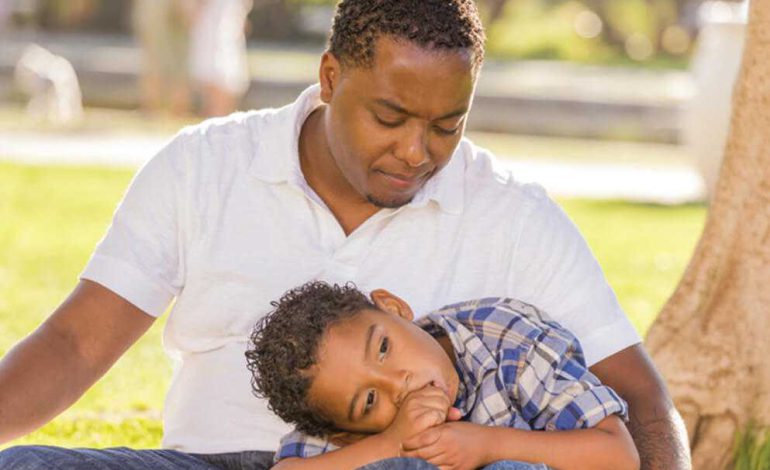HOW TO HELP A TRAUMATISED CHILD

Many times people assume that children are immune to trauma. The conversations that float around are that kids are too young to notice or even remember any traumatic events that occur. How wrong! It is said that children, even as young as babies, can suffer from traumatic experiences. In fact, anything that affects older children and adults in a family can also affect a baby.
Therefore, as a parent you ought to be aware of the impact of trauma in children in order to prevent it where possible. If a child is below three years and he experiences trauma, it can seriously disrupt some aspects of his development.
These may include mobility, language and emotional development as well as development of social skills.
Studies indicate that children who have experienced a traumatic event before the age of 11 are three times more likely to develop psychological disorders than children who experience their first trauma as teenagers or as adults later on.
However, although traumatic experiences can damage a child if left unspoken about and untreated, the good news is that children are at a better position to cope with a traumatic event if they receive support from parents and other trusted adults such as family members, caregivers or teachers.
Signs that a child is traumatised
Extreme fear and distress when separated from their parent or primary career
Numbness and unusually quiet
Bedwetting
May appear coiled back when sitting or crawling
Fussiness and difficult to calm
Loss of jovial/ playful self
Poor appetite
May avoid eye contact
Dealing with the trauma
When you notice that your child is displaying signs of suffering from trauma, try and talk to him first. Constantly reassure him that the traumatic events that happened are over and they are safe. This may take time as you may need to gain the child’s trust first before he can open up to you.
When the child finally opens up, choose to listen attentively and show them that you believe whatever they are telling you. This will prompt them to give you all the information and will empower you to take the next step such as seeking psychological counselling for them.
Reassure the child by explaining to them that their feelings are normal and that they will feel better with time. Give the child the extra attention they want. For instance, if the child is afraid to sleep alone at night, offer to share your bed with them.
As a parent or guardian, you ought to be careful not to display signs that you are affected by the child’s trauma otherwise this will affect your child further. For instance, if the routine at your house becomes disrupted as a result of the trauma suffered by your child, they will notice it and hence become more vulnerable.
Much as you may be tempted to be overly protective of your child, do not do it as this will give them the notion that their environment is unsafe.
Give them a sense of choice even over minor decisions such as to go out and play or sit and watch cartoons. This is because children who feel vulnerable tend to experience more severe stress symptoms and this sense of choice gives them some sort power.
It is important to note that a child’s response to a traumatic experience will depend on a wide range of factors, which include age, stage of development and even personality and this also plays a role in their healing process.
Allow your child to go through the entire process to get back whole again rather than trying to accelerate normalcy.
Published January 2017




